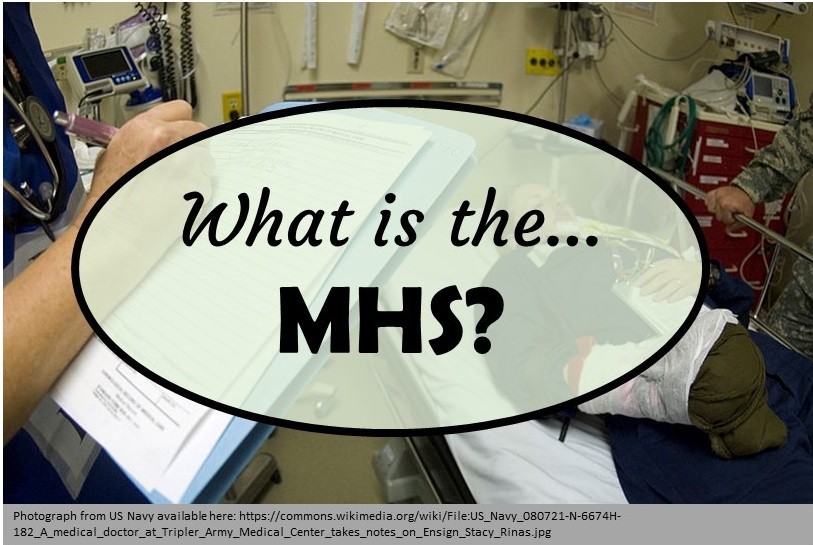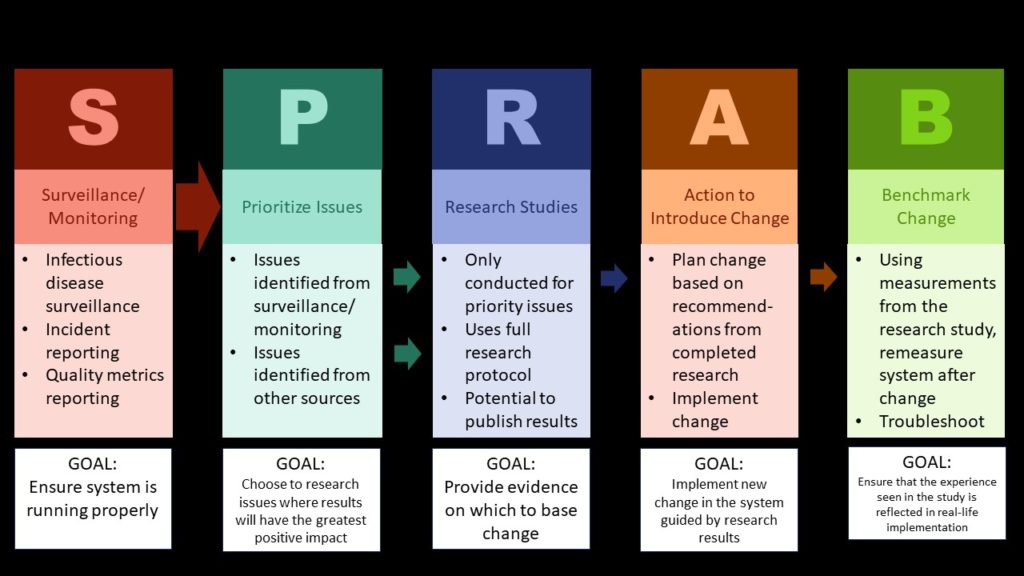FAERS data are like any post-market surveillance pharmacy data – notoriously messy. But if you apply strong study design skills and a scientific approach, you can use the FAERS online dashboard to obtain a dataset and develop an enlightening portfolio project. I show you how in my blog post!
Tag Archives: evidence-based healthcare policy
Internship strategy for data science is not obvious, and even if you are in a college program, they often expect you to find your own internship. Download our internship strategy guide and get the experience you want!
Wiley’s predatory behavior recently with a colleague’s scientific manuscript makes me want to avoid publishing in their journals. Read about our experience.
“What is the MHS?” is a question not always asked by public health data scientists, but it should be. The MHS – or Military Health System – serves the US military through healthcare facilities in locations where civilians do not have access. I provide an explanation on my blog post.
Data curation solution that I posted recently with my blog post showing how to do upset plots in R using the UpSetR package was itself kind of a masterpiece. Therefore, I thought I’d dedicate this blog post to explaining how and why I did it.
“What is the HRSA?” can be answered two ways: with a short answer, and a long answer. The short answer is that it is the agency that funds public health departments in the United States. The long answer, which I unpack in my blog post, is more nuanced, harrowing, and ultimately, depressing.
Researching data science companies who might be your future employers, but you don’t know where to start? Read my blog post to learn my simple approach.
Watch a video of my presentation on data collection from chronic disease patients for healthcare quality control and quality improvement – and download the slides!
My answer to, “What is the DHHS?” is, “A failed department”, but it is important to examined exactly what they have failed at, and how.
The United States (US) Bureau of Primary Healthcare (BPHC) is the federal agency that funds our safety net infrastructure serving patients who can’t get on Medicare or Medicaid. I explain how all that works, and the relationship of BPHC to the rest of the public health infrastructure.
- 1
- 2











